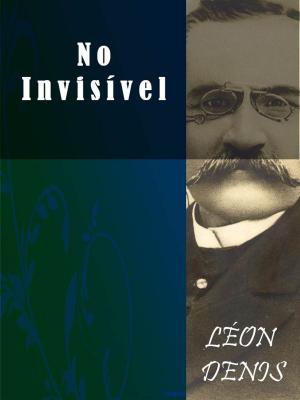| Author: | David Hume | ISBN: | 1230001546415 |
| Publisher: | AUTCH Editora | Publication: | February 14, 2017 |
| Imprint: | Language: | English |
| Author: | David Hume |
| ISBN: | 1230001546415 |
| Publisher: | AUTCH Editora |
| Publication: | February 14, 2017 |
| Imprint: | |
| Language: | English |
David Hume (1711 – 1776) was a Scottish philosopher, historian, economist, and essayist, who is best known today for his highly influential system of radical philosophical empiricism, skepticism, and naturalism.
Hume's empiricist approach to philosophy places him with John Locke, George Berkeley, Francis Bacon, and Thomas Hobbes as a British Empiricist. Beginning with his A Treatise of Human Nature (1739), Hume strove to create a total naturalistic science of man that examined the psychological basis of human nature. Against rationalists, Hume held that passion rather than reason governs human behaviour. He argued against the existence of innate ideas, postulating that humans can have knowledge only of the objects of experience, and the relations of ideas, calling the rest "nothing but sophistry and illusion", a dichotomy later given the name Hume's fork.
In this ebook you will find EIGHT of his most famous books:
.: A kind of history of my life [letter sent by Hume to an unknown physician] (1734)
.: Of the delicacy of taste and passion
.: An Enquiry Concerning Human Understanding
.: An Enquiry Concerning the Principles of Morals
.: The Natural History of Religion (1757)
.: Of the Standard of Taste (1757)
.: My Own Life (1776)
.: Of Polygamy and Divorces (1826)
Enjoy your reading!
David Hume (1711 – 1776) was a Scottish philosopher, historian, economist, and essayist, who is best known today for his highly influential system of radical philosophical empiricism, skepticism, and naturalism.
Hume's empiricist approach to philosophy places him with John Locke, George Berkeley, Francis Bacon, and Thomas Hobbes as a British Empiricist. Beginning with his A Treatise of Human Nature (1739), Hume strove to create a total naturalistic science of man that examined the psychological basis of human nature. Against rationalists, Hume held that passion rather than reason governs human behaviour. He argued against the existence of innate ideas, postulating that humans can have knowledge only of the objects of experience, and the relations of ideas, calling the rest "nothing but sophistry and illusion", a dichotomy later given the name Hume's fork.
In this ebook you will find EIGHT of his most famous books:
.: A kind of history of my life [letter sent by Hume to an unknown physician] (1734)
.: Of the delicacy of taste and passion
.: An Enquiry Concerning Human Understanding
.: An Enquiry Concerning the Principles of Morals
.: The Natural History of Religion (1757)
.: Of the Standard of Taste (1757)
.: My Own Life (1776)
.: Of Polygamy and Divorces (1826)
Enjoy your reading!















